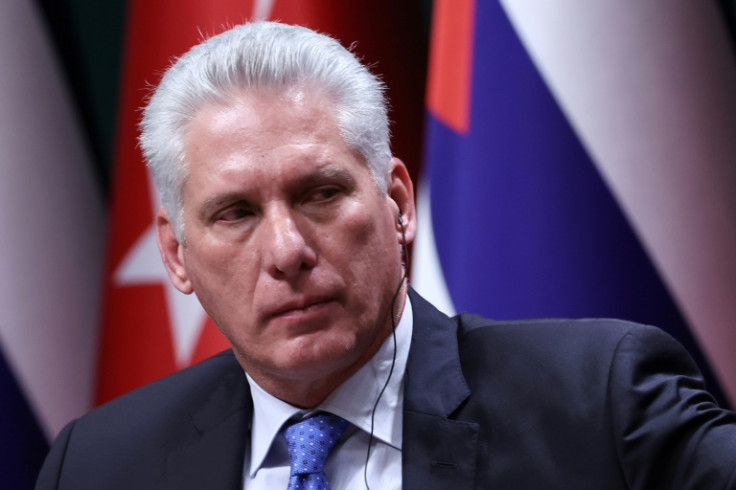
The election of Donald Trump will not bring significant changes for Cuba, and its government does not fear the new administration, said the president of the communist-run island.
"The results of these elections are nothing new for us," Miguel Díaz-Canel told state-run media during a visit to Cienfuegos province. He added that Cuba would continue to move forward unaffected by external pressures. "The country is ready. We will continue on, without fear," he said, as reported by Reuters.
This statement marked the first official response from the Cuban government following Trump's electoral victory. During his first term, Trump took a hard stance on Cuba, reversing many of the diplomatic approach made under his predecessor, Barack Obama. Trump reinstated restrictions on travel to Cuba, imposed new limits on remittances sent to the island, and tightened immigration controls. He also placed Cuba back on the U.S. list of state sponsors of terrorism, which triggered additional financial sanctions.
The tightening of U.S. policies partially contributed to the ongoing economic crisis in Cuba, which has worsened over the past years and is marked by severe shortages of food, fuel, and medicine. The crisis has also led to a surge in emigration from the island.
Over 850,000 people have fled Cuba for the United States over the past three years, a number that has contributed to the island's steep population decline, which was estimated at 18% by economist and demographers Juan Carlos Albizu-Campos in a recent interview with El País. The interview, however, only took into account data until 2023, so the decline in population could be even higher today.
Despite this, Díaz-Canel left the door open for potential negotiations with the U.S. government but insisted that any discussions must be based on "equal terms." He emphasized that Cuba is open to dialogue with the U.S. "We have nothing against the people of the United States," he said. "But we cannot accept impositions."
As Trump prepares for a second term, a group of Cuban-American Republicans are set to take on key positions in the new administration, heightening the Cuban regime's biggest concern: that Cuban exiles and their descendants will have significant influence over U.S. policy toward the island.
The most prominent of these appointments, if confirmed by the Senate, is Republican U.S. Sen. Marco Rubio of Florida, who is poised to become the next secretary of state. If confirmed, he would be the first Hispanic and the first Cuban American to hold the position, a development likely to send shockwaves through Havana, where he is frequently vilified in state media as an enemy of the country.
In addition to Carlos Trujillo, other like-minded Cuban Americans are positioned to influence U.S. foreign policy toward Cuba and Latin America. U.S. Rep. Mario Díaz-Balart, for example, is being mentioned as a potential next chairman of the House Appropriations Committee.
© 2025 Latin Times. All rights reserved. Do not reproduce without permission.



